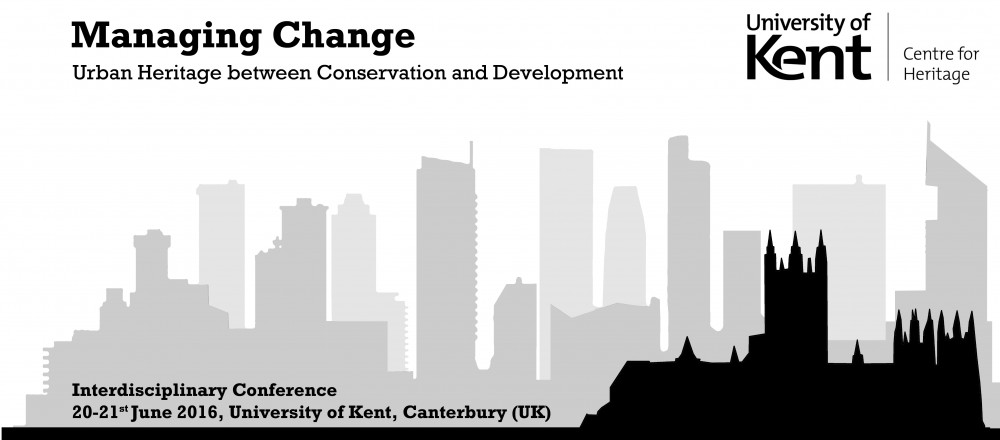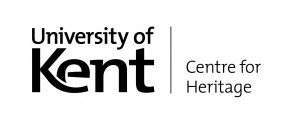With half of the world population now living in cities, the twenty-first century is often termed the ‘urban age’. Cities are dynamic entities, as both ‘lived’ and living environments characterised by constant evolution, flow and free movement of people and capital. Yet in recent years, cities have shifted to the centre of international debates concerning the preservation, conservation and management of heritage. Formally, UNESCO’s Recommendation on the Historic Urban Landscape (HUL) adopted in 2011 represents the most recent significant international contribution within an overall sustainable development framework. The Historic Urban Landscape is defined as the “result of a historic layering of cultural and natural values and attributes, extending beyond the notion of ‘historic centre’ or ‘ensemble’ to include the broader urban context and its geographical setting”, emphasising the necessity of a holistic and integrated approach toward urban conservation and management.
In this framing, the very notion of ‘conserving’ or ‘preserving’ markers of urban pasts appears a difficult task. As such, the definition, role and preservation of ‘urban heritage’ is a pressing and unique challenge for those both tasked with managing cultural heritage conservation, and those concerned with developing modern urban infrastructure. The problem posed by cities calls into question existing modes of balancing conservation and development – two concepts often thought to be in conflict.
Under this recognition, this conference aims to facilitate a critical interdisciplinary dialogue that directly broaches emergent questions and research on these issues: How do we both conserve urban sites and embrace development? What are the existing operational strategies for managing change and ‘preserving’ urban heritage in the long-term? What are the primary challenges that urban conservation currently faces? What role can digital technology play in this context?
Topics of interest to the conference include, but are not limited to:
- New approaches toward urban heritage conservation and management
- Linking ‘tangible’ and ‘intangible’ heritage in urban conservation
- Urban heritage, cultural identity and memory
- Cultural regeneration through urban heritage and gentrification process
- Revitalization of industrial heritage
- ‘Dissonant’ and ‘official’ urban heritage(s)
- Digital heritage and audio-visual technology, geographical info-systems and online curation
This conference is open to postgraduate students, university researchers, heritage professionals, and cultural policy experts.
Considering the fundamentally interdisciplinary character of the proposed theme, we welcome papers across a wide range of disciplines including Anthropology, Archaeology, Architecture, Cultural Studies, Digital Humanities, Economics, Ethnology, Law, History, Geography, Landscape Architecture, Museum Studies, Political science, Sociology, Tourism studies, Urban Studies, and Urban/Spatial planning.
Abstracts (max 500 words) with full contact details should be sent no later than 15 April, 2016 to urbanheritage2016@gmail.com. The most outstanding abstracts will be selected for oral presentation. Other relevant abstracts will be selected for a poster session. Successful candidates will be notified by 30 April, 2016. Selected papers might be published after the conference.
A number of scholarships are available to eligible students from the University of Kent (covering conference registration) and the University of Essex and East Anglia (covering conference registration and travel costs). These scholarships cover participation and/or attendance. Interested students should send their abstracts or a curriculum and a motivation letter (max. 150 words) to urbanheritage2016@gmail.com by 15 April, 2016.
The conference is organised by the Centre for Heritage with support from the Eastern Academic Research Consortium (ARC) Event Fund.


